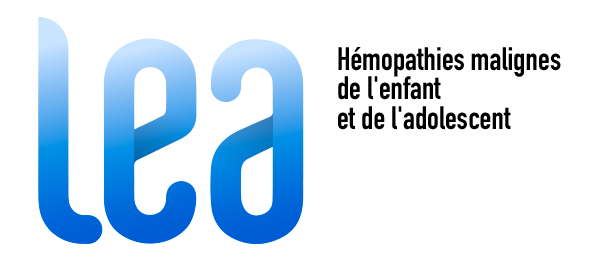Cancer Medicine. 2023 Mar;12(5):6200-6212
https://pubmed.ncbi.nlm.nih.gov/36266927/
Background: Childhood cancer confront the whole family with a traumatic event. Because brothers and sisters may encounter emotional problems that can remain for a long time and that only few studies have assessed their long-term outcome, our present objectives were to describe the long-term quality of life (QoL) of childhood leukemia survivors’ siblings and to explore its determinant. Methods: Brothers and sisters (from 8-year-old) of survivors included in the French LEA Cohort completed a QoL questionnaire (according to their age). Scores were compared with those reported by age- and gender-matched French general population and by survivors. Using a clustering method, siblings were categorized into 3 groups depending on their level of QoL’s scores and factors likely to be linked with these clusters were explored with multivariate analyses. Results: We included 689 brothers and sisters (313 minors, 376 adults) and the mean time from diagnosis was 13.2 ± 6.6 years. Minor siblings reported higher QoL scores than general population (p < 0.001), but a lower score for relationship with family than survivors (p < 0.001). In adult siblings, Mental Component Summary score was lower than general population (p < 0.001). Level of siblings’ QoL was linked with female gender, but no association was found with cancer-related factors. Conclusion: Brothers and sisters expressed a divergent perception of their long-term QoL depending on their age. To minimize the impact from childhood to adulthood, long-term attention should also be paid to siblings, often referred as « forgotten children ».

